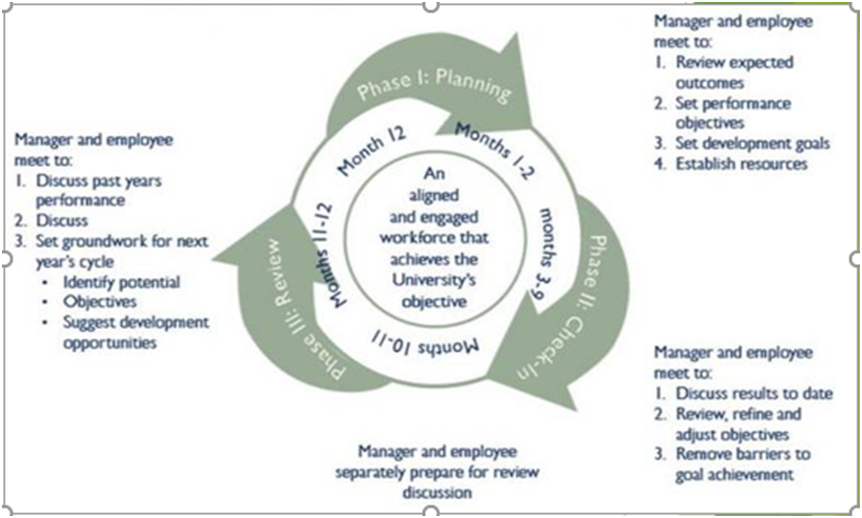Question
SECTION A - Case Study Questions [Total = 100 marks] Answer the questions below based on the article. 1. Analysethree (3) major problem of repatriation
SECTION A - Case Study Questions [Total = 100 marks]
Answer the questions below based on the article.
1. Analysethree (3) major problem of repatriation made by organization.
[10 marks]
- Organization does not prepare for the repatriation progress, the organization let the repatriate learn by their own because the organization assume repatriate are coming back to hometown, should be fine to adapt with their common culture, practice and so on.
- The expatriate is not ready for the organization's change.
- The organization change is structured, job description, responsibility bring mental torture to the expatriate if there is so many changes or outdated.
- The organization expect too much from the repatriate.
- The company hierarchy make repatriate miserable.
- Different practice, the organization culture does not similar as abroad
2. Design a repatriation program for expatriate for a smooth transition.
[10 marks]
- Readjustment to the home country
Accept the current practice by the home country organization. Accept the changes of the country, the lifestyle, cost of living, thinking perspective and etc.
- Cultural adjustment
Try to leave to common culture that become repatriate practise while doing international assignment. Do not compare the practice done at host country to the home country. Changes need to do wisely, to change common culture there is a passion needed and expertise. The justification for every practice should be reasonable.
- Knowledge expertise
Ready to share with other
- High expectation
Become repatriate, top management desire the repatriate to share the knowledge and experience to the local at home country, repatriate should be able to accept the norms and practice to make changes in organization.
3.An effective pre-departure training is an important aspect for an expatriate.
Elaborate the effectiveness of a pre-departure training.
- Pre-departure training for expatriates is a broad term for a programme that briefs soon to be expatriates on what to expect when living and working abroad. Well delivered trainingallows employees to personalise learnings to anticipate and plan for challenges they and their family may face when they move abroad
Students answer may vary. Mark allocation is to be allocated based on relevant responses. Each point is 2 marks. Each explanation is 2 marks. Student's responses with relevant answer is accepted.
[10 marks]
4. Elaborate the THREE (3) phases of expatriate performance management.
Effective performance management systems typically include the following three broad elements:goal setting, performance review and a performance improvement process.

Step by Step Solution
There are 3 Steps involved in it
Step: 1

Get Instant Access to Expert-Tailored Solutions
See step-by-step solutions with expert insights and AI powered tools for academic success
Step: 2

Step: 3

Ace Your Homework with AI
Get the answers you need in no time with our AI-driven, step-by-step assistance
Get Started


